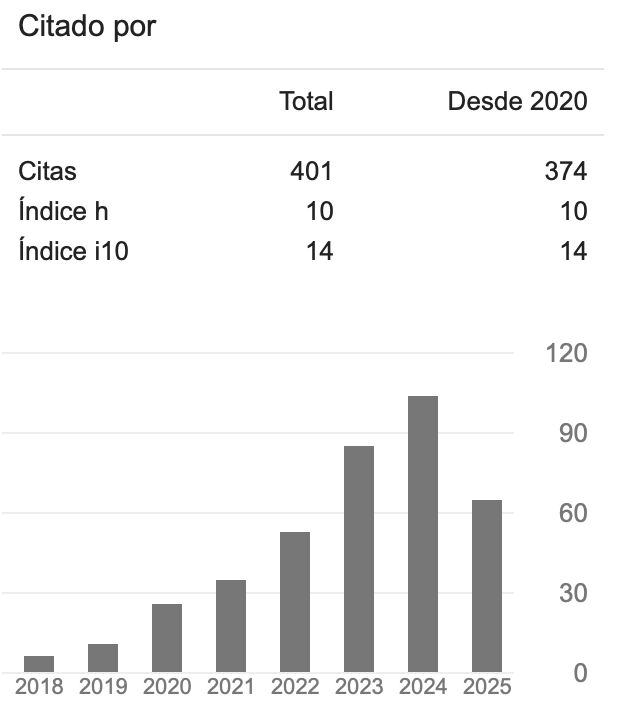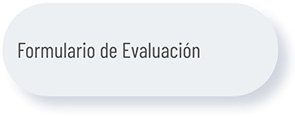CONSTRUCCIONES SOSTENIBLES: MATERIALES ECOLÓGICOS EN VIVIENDAS DE INTERÉS SOCIAL (VIS) COMO APORTE AL HÁBITAT URBANO
DOI:
https://doi.org/10.33324/daya.v1i7.248Palabras clave:
Construcciones sostenibles, hábitat urbano, materiales ecológicos en la construcción, viviendas de interés socialResumen
La vivienda es un bien que todo ser humano desea adquirir como necesidad prioritaria, atiende aspectos sociales, culturales, de seguridad, salud y bienestar, tanto individuales como colectivos. El estudio tiene por objetivo el sintetizar la información sobre construcciones sostenibles con materiales ecológicos en viviendas de interés social como aporte al hábitat urbano. La investigación se desarrolla bajo una revisión sistemática a través del buscador académico Google con las palabras clave: construcciones sostenibles; hábitat urbano; materiales ecológicos en la construcción y viviendas de interés social; de dicha búsqueda se seleccionaron los 30 artículos formales para el estudio, los que fueron evaluados inicialmente con la lectura rápida del título y resumen; posterior a ello se analizaron los criterios de inclusión y exclusión, y como último filtro se examinaron las variables específicas establecidas para el estudio. Las publicaciones revisadas muestran que es posible acceder a Viviendas de Interés Social sostenibles construidas con eco materiales que coadyuven al hábitat urbano, se concluye además que el uso de materiales ecológicos y el diseñar con criterios de arquitectura bioclimática reducirán los gastos económicos en el uso de energía eléctrica y agua, y por ende minimizar el impacto ambiental.Palabras clave: Construcciones sostenibles; hábitat urbano; materiales ecológicos en la construcción; viviendas de interés social.
Abstract Housing is an asset that every human being wants to acquire as a priority need, which addresses social, cultural, safety, health, and welfare aspects, both individually and collectively. The study aims at synthesizing information on sustainable constructions built with ecological materials, and which represent housing of social interest as a contribution to urban habitats. The research is carried out under a systematic review through the Google academic search engine under the keywords: sustainable constructions; urban habitat; ecological materials in construction and housing of social interest. From this search, 30 formal articles were selected for the study which were initially evaluated with a fast reading of the title and summary. After that, the inclusion and exclusion criteria were analyzed, and as a last filter, the specific variables established for the study were examined. The revised publications show that it is possible to access sustainable social interest housing built with eco-materials that contribute to the urban habitat. It is also concluded that the use of ecological materials and designing with bioclimatic architecture criteria will reduce the economic expenses in the use of energy, electricity, and water, and therefore minimize the environmental impact.
Keywords: Sustainable constructions; urban habitat; ecological materials in construction; social interest housing.
Descargas
Los datos de descargas todavía no están disponibles.
Publicado
2019-12-01
Cómo citar
Moreira-Macías, E. L., Loor-Cheve, J. N., & Toala-Zambrano, M. M. (2019). CONSTRUCCIONES SOSTENIBLES: MATERIALES ECOLÓGICOS EN VIVIENDAS DE INTERÉS SOCIAL (VIS) COMO APORTE AL HÁBITAT URBANO. Diseño, Arte Y Arquitectura, 1(7), 67–81. https://doi.org/10.33324/daya.v1i7.248
Número
Sección
Artículos






